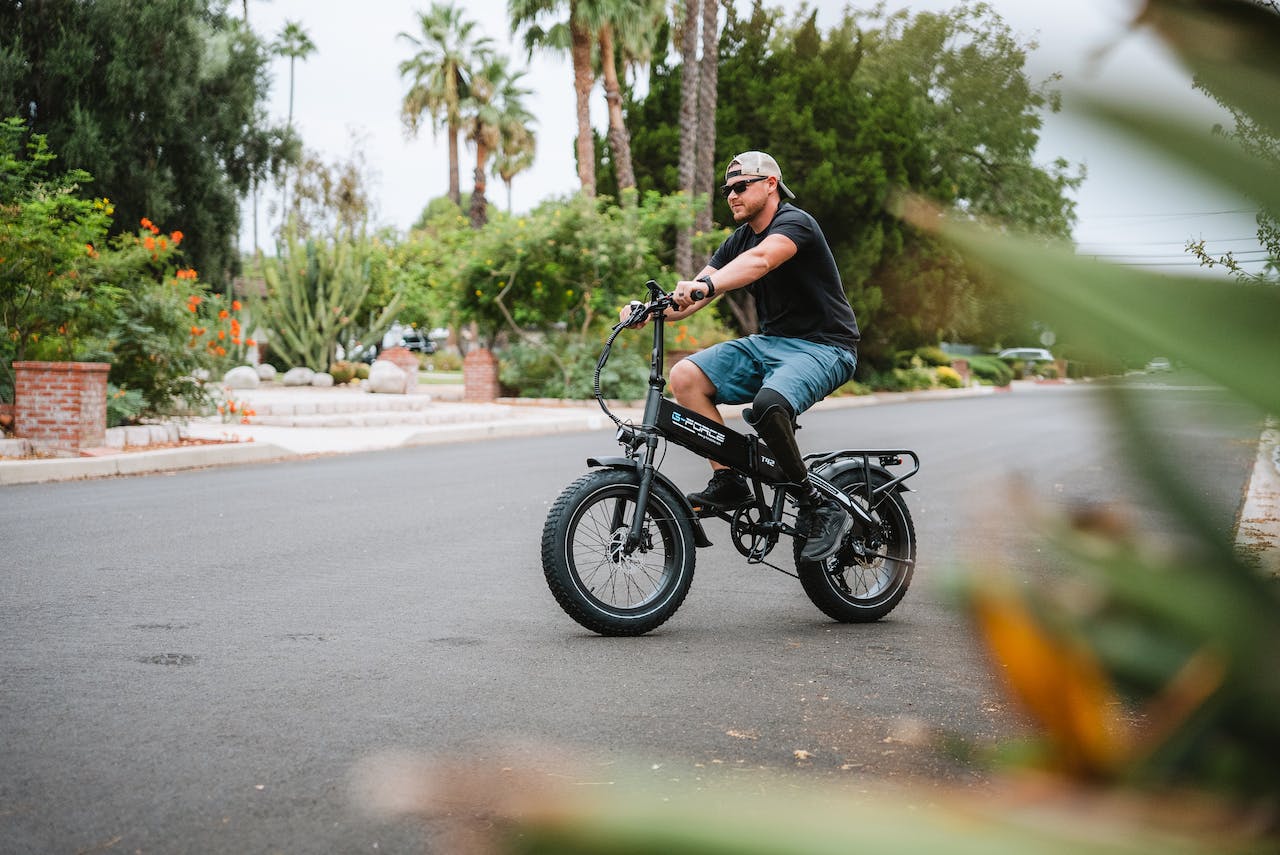- Electric bikes are relatively affordable compared to cars, and can do many of the things that cars do, like take hills easily and carry cargo. (Transportation for America)
- Roundabouts can protect pedestrians from large vehicles by moderating their speeds and changing the angle of collisions — with the important caveat that they are not recommended in areas with high foot traffic. (Route Fifty)
- The Federal Highway Administration is spending $40 million on vehicle-to-vehicle communication technology that could prevent future crashes like a fog-induced Louisiana highway pileup that killed eight people. (Detroit Free Press)
- Despite the Biden administration's stated commitment to equity, formula funding for infrastructure continues to follow past patterns, although transportation dollars are flowing to communities of color, an Urban Institute study found. (Governing)
- The D.C. Metro board emphasized that service cuts resulting from a projected $750 million budget shortfall are not merely an idle threat (Washington Post). Virginia, at least, is seriously considering the request for more money (Mercury).
- Milwaukee County is lobbying the state to provide a dedicated source of transit funding. (Urban Milwaukee)
- The L.A. Metro's new subway line is luring new riders, but the system still has a ways to go. (Citylab)
- Amtrak just launched its first-ever intercity electric bus line in Washington state. (Yahoo!)
- The Portland Bureau of Transportation now recognizes the dangers posed by large trucks and SUVs. (Bike Portland)
- Just days after California regulators told Cruise to take its self-driving vehicles off San Francisco streets, autonomous Ubers built by Waymo are coming to Phoenix. (CNBC)
- After a pilot program showed thousands of violations, Philadelphia has permanently authorized the use of cameras to catch drivers who block bus-only lanes. (Tribune)
- A Palm Beach Post columnist speaks out against Florida's proposed electric vehicle tax.
- Charlotte's South End is booming, but could a massive rail yard stifle that growth? (Axios)
- Hoboken — a small U.S. city famous for achieving Vision Zero — is working with Boston on traffic safety. (TAPinto)
- Atlanta has a new app that shows cyclists where to find bike parking (Urbanize Atlanta). Unfortunately, there isn't much of it.
- Boulder claims its bike lanes protected by tall curbs, replacing paint or flexible posts, are the first in the nation. (Planetizen)
- A federal grant will allow Austin's bikeshare to expand and become fully electric. (Monitor)
- East Lansing thinks ample parking is more important than affordable housing. (City Pulse)
- Montreal's REM light rail line could be a model for efficient transit construction in the U.S., where projects are constantly over budget and behind schedule. (Transit Center)
Today's Headlines
Monday’s Headlines Are Running on E
Nope, not the fuel gauge — our electric bikes don't have one. Plus, the pros of roundabouts, the Biden administration's equity record and more news.
Stay in touch
Sign up for our free newsletter
More from Streetsblog USA
Tuesday’s Headlines Are a Little Bit Safer
Traffic deaths are down about 12 percent, which the National Safety Council attributes to new technology and infrastructure investments.
Could Refurbished E-Bikes Be the Secret Weapon of the Livable Streets Movement?
A high-quality used market could be the boost America needs to get would-be riders off the sidelines and into the saddle, a new report argues.
How the ‘Little Free Pantry’ Can Help Feed the Hungry Without Requiring Them to Drive
Researchers are trying to reduce the mobility barrier to food by bringing it directly to neighborhoods.
Exactly How Much It Cost to Build the Average Parking Space In Your City
For new apartments, the research found that building required parking adds roughly $50,000 to $100,000 per unit, and disproportionately increases the cost to build smaller apartments.
Monday’s Headlines Took the Keys Away
A demographic disaster is coming as a generation of aging suburbanites become either dangerous drivers or trapped in their homes.
Why Anti-Trans Laws Are Terrible For Transportation, Too
A disturbing new Kansas law revokes trans people's driver's licenses. Here's how it will make our communities more dangerous.






